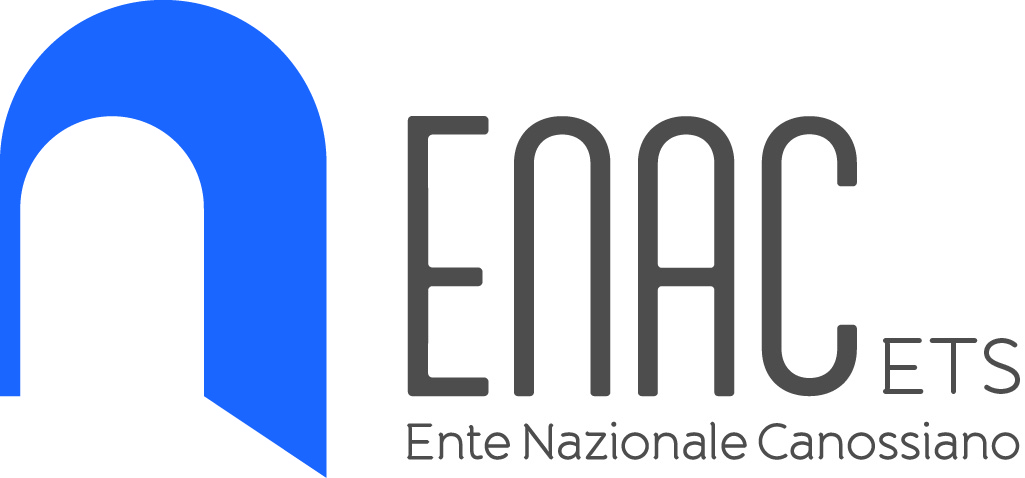EUami
The Project
EUAMI is a project made up of a network of 6 educational entities composed by one higher educatio institution from Italy University of Padova- Department of Political Science, Law, and International Studies and the participation of 5 high schools from: Bulgaria (Emilian Stanev SU), Italy (Istituto E. Fermi and Canossa Campus), Poland (Zespół Szkół Administracyjno-Ekonomicznych), and Spain (Sant Josep Obrer). ENAC is also partner and will support Canossa Campus in the implementation of specific tasks and activities.
Project’s Goals
The aim of EUAMI, is to allow teachers and trainers to engage in curricular and extracurricular activities that allow for their own professional development and expansion regarding the European dimension of teaching at schools. More precisely, it seeks to improve the understanding among professors and teachers of the functioning and institutions of the European Union, tackling specifically migration issue, while promoting the implementation and exchange of new teaching methodologies and information between teachers regarding EU matters. The project will include the discussion of topics such as European values, migration and human rights.
The project identifies migration as a key topic that will mould EU identity in the upcoming years, while challenging the status quo and the internal political dynamics. At the same time the European Union have a very specific perception of migration added value. According to the European Commission, migration is an integral part of the European Union’s economic and social fabric. It plays a key role in the EU’s labour market and helps to fill skills shortages, particularly in sectors such as healthcare and technology.
-
Provide training courses to teachers through which they learn better and up-to-date methodologies for teaching the European dimension at school;
-
To involve teachers and students in discussions/activities related to EU aspects (in and outside the classroom);
-
To contribute to the professional development of the teachers involved;
-
Making recommendations for incorporating the EU and related topics into the curriculum effectively
-
Ensure that students have a better understanding of key EU issues and are able to understand how the EU works;
-
Increase the sense of belonging to the EU among teachers and students.
Activities
The project provides training activities led by university professors to equip teachers with the skills and methodologies to educate on the European dimension and teach EU-related content to their students and to introduce these topics into high school curricula. The project involves teachers and students, offering opportunities for mobility experiences and collaborative teaching/tutoring.
Project’s Info
Project’s Code: 101127284
Programme: Erasmus +
Key Action: Jean Monnet Activities
Action Type: Jean Monnet Policy Debates – Thematic Networks in Higher Education
Duration: 36 months from Start date 01-12-2023 – End date 30-11-2026


